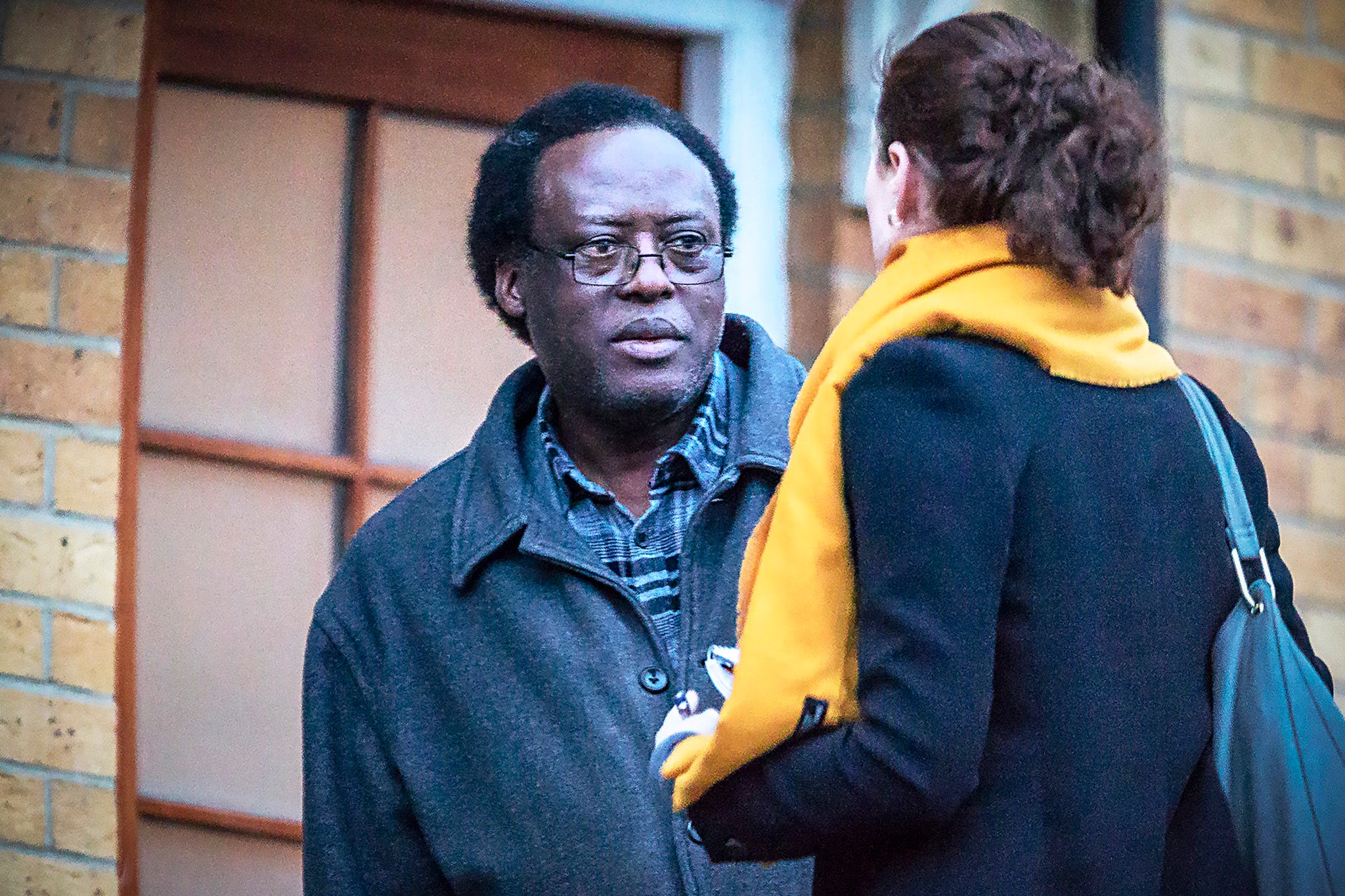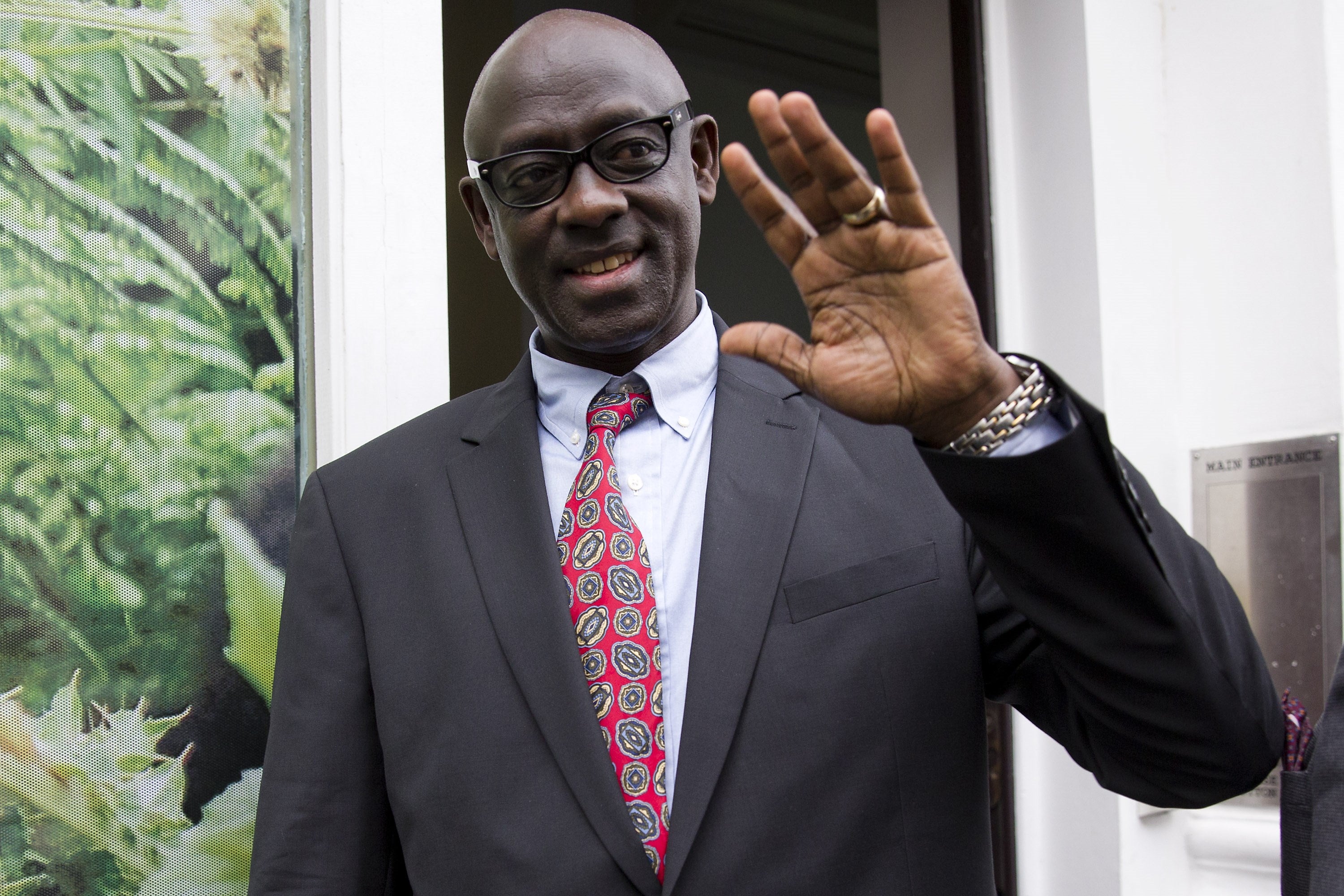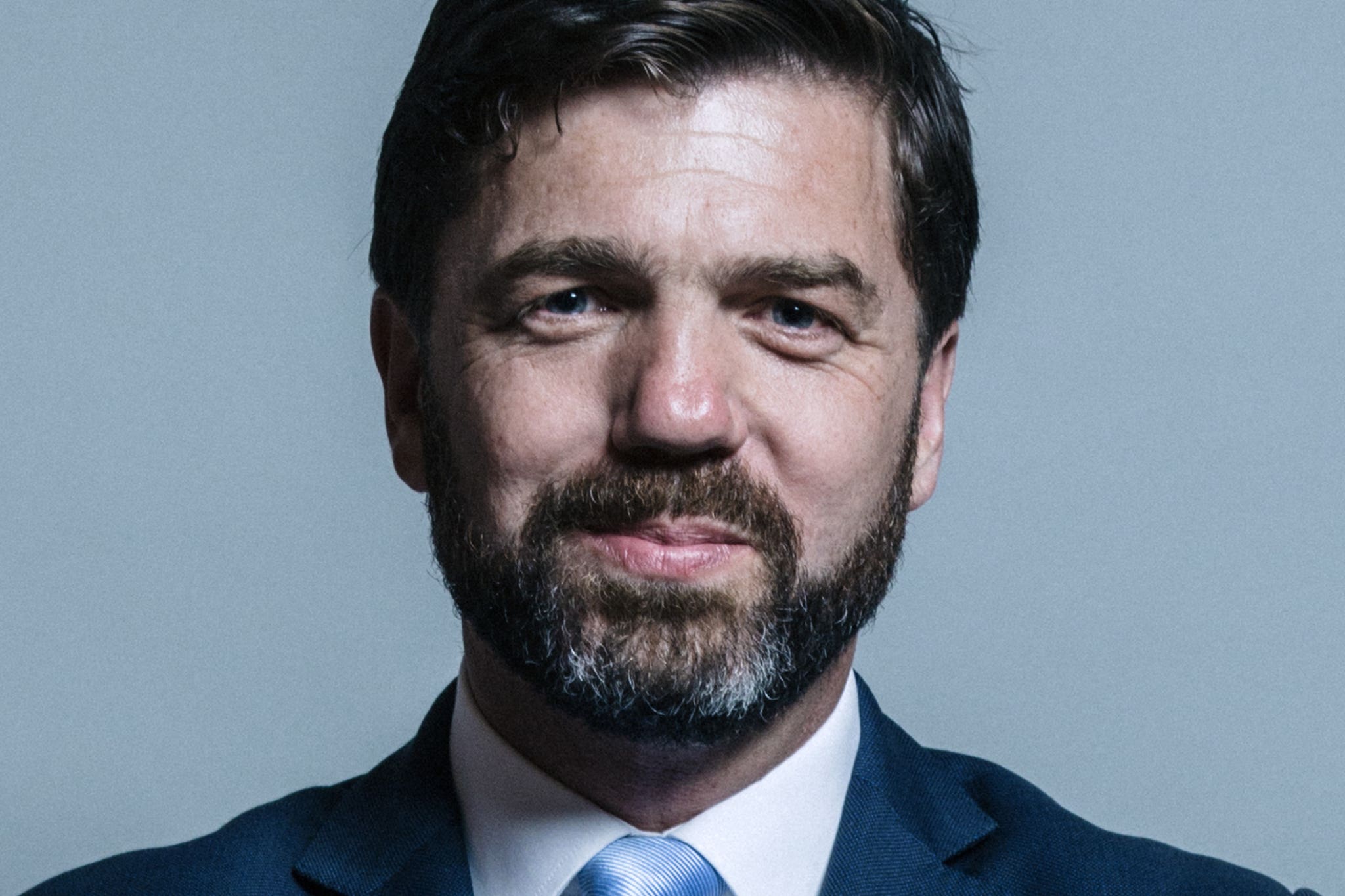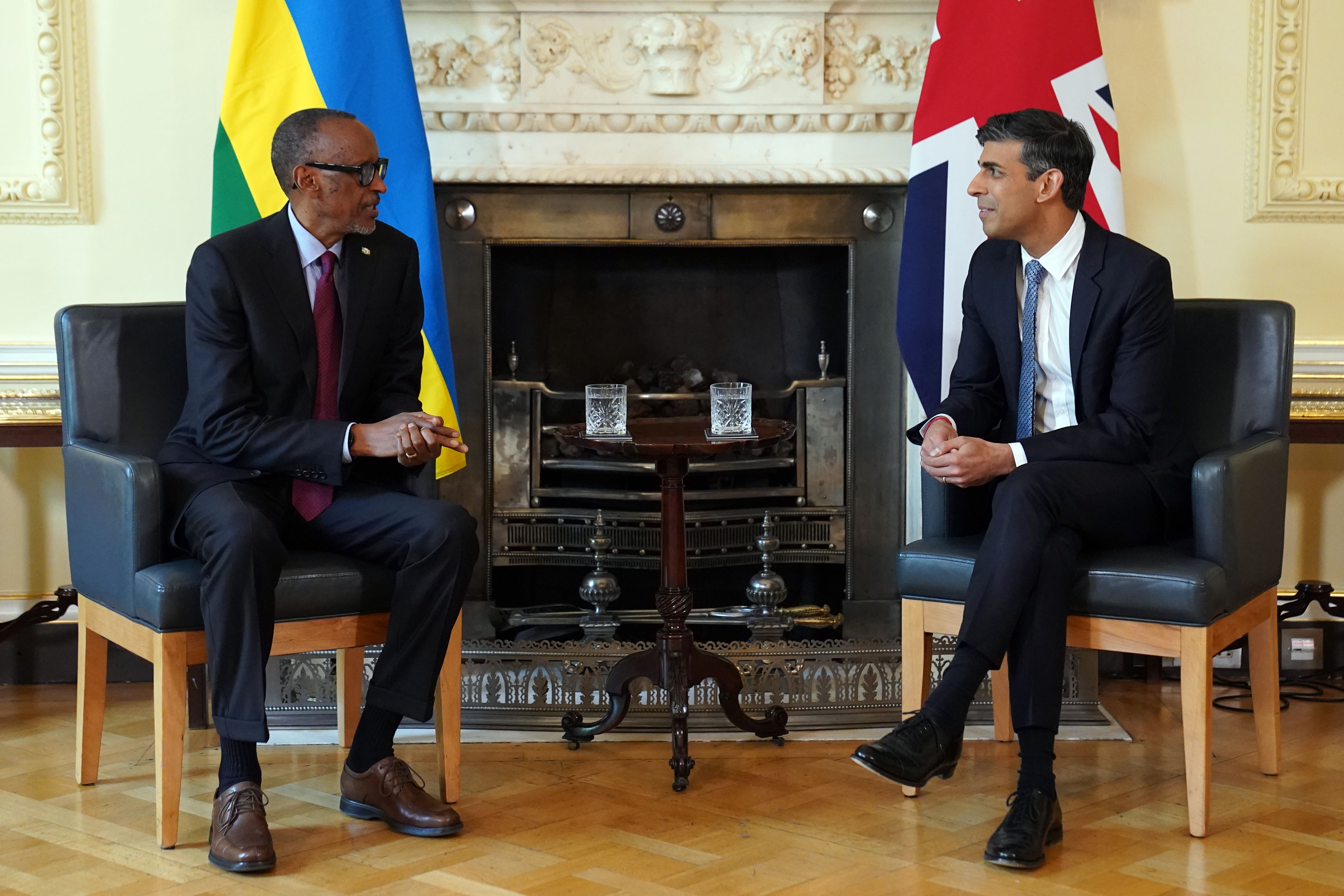
Suspects of the Rwandan genocide are still living freely in the UK 30 years after the massacre that killed 800,000 people, amid “inexplicable” delays in British police investigations into the allegations.
MPs and Rwandan authorities have called on the Metropolitan Police – which launched the investigation six years ago – to decide quickly whether charges can be laid against the five men, who settled in the UK after the 1994 genocide.
The five suspects, who have lived in Britain for decades, deny any involvement in the atrocities and have never faced trial to answer the horrific charges. One of the men is accused of helping lead an attack on a village where 40,000 Tutsi were said to have been killed.
British High Court judges have so far rejected Rwanda’s extradition requests over concerns the men would not receive a fair trial in their home country.
But Kigali officials have called for the trial to be held in Britain, which has been accused of “falling behind” other countries in ensuring suspects respond to charges. Countries such as France and Belgium have already put some of the defendants on trial.
Activists and politicians are now urging the government to ensure “justice is served” amid fears time is running out for suspects to respond to the charges and as the country marks the 30th anniversary of the start of the genocide against the Tutsi. The incident occurred between April 7 and July 15, 1994.
Meanwhile, Rishi Sunak is pushing ahead with his controversial deportation plans from Rwanda, which would see asylum seekers who arrive in the UK illegally sent to the East African country if it goes through. They are currently not allowed to be sent there because Rwanda is considered unsafe.

talking independentSenior Conservative MP Stephen Crabb, chairman of the All-Party Parliamentary Group on War Crimes (APPG), said the delays in the police investigation were “frustrating and inexplicable”.
He said: “Our small cross-party group of MPs and colleagues is increasingly concerned about the lack of action against alleged genocidal perpetrators.”
“We have previously contacted the Met Police to inquire as to why prosecutions have not yet been brought. I would point out that resource issues have not stopped the Met from pursuing other international matters, most recently with Israel and Gaza, and they have been advertising for witnesses Stand up for yourself.”
He added: “Unfortunately, over time we are seeing the chances of successful prosecutions diminishing.”
Led by Hutu militias, the Rwandan genocide targeted the Tutsi minority community and some moderate Hutus, with some 800,000 people killed in just 100 days. Many of the perpetrators fled overseas.
The five suspects, who have lived in the UK for about 20 years and are all in their 60s, were named in the extradition verdict as Celestin Mutabaruka from Kent; Text Vincent Brown, also known as Vincent Bajinya, from Islington, north London; Celestin Ugirashebuja, from Essex; Charles Munyaneza, from Bedford; and Emmanuel Nteziryayo from Manchester.They all strenuously denied any wrongdoing, while one told independent The charges are politically motivated.
Four of the men were first arrested in 2006 and detained following an extradition request by the Rwandan government, but were released after successful appeals. In 2013, a second plea was filed against all five.

Although a judge said each suspect had a prima facie case to answer, a 2017 High Court judgment concluded that “if the men were deported to Rwanda, they would indeed face a blatant denial of justice.” risks of”.
Instead, Rwanda supports an investigation launched in 2018 by the Scotland Yard War Crimes Unit, part of the Counter-Terrorism Command, and is likely to stand trial in the UK.
However, despite multiple trips to Rwanda and multiple discreet interviews, the ongoing investigation has so far not led to any arrests or charges.
While the Met Police’s lengthy investigation continues, one of the suspects has been living in a housing association-owned semi-detached house in Ashford, Kent. Celestin Mutabaruka, who co-founded Fountain Church in Ashford, Kent, with his wife, described his role as pastor at the church.
in a statement independentHe said: “I categorically refute all accusations against me. These accusations are baseless and concocted by the Rwandan authorities.”
Responding to a request to speed up the investigation, he said police operate independently, adding: “I take comfort in that independence and welcome an investigation into the allegations against me as it will prove their lies and hopefully expose them Similar situations.” Rwandans who dared to oppose the regime faced a dilemma. “
Vincent Bajinya, a doctor who has taken British citizenship and changed his name to Brown, lives with his family on an estate owned by Peabody in Islington, north London. In an apartment. He categorically denies any wrongdoing.

It is understood that Charles Munyaneza lives in Bedford. independent Contact him for comment.His lawyer previously told Mirror: “He lives with the shame of this allegation. He has repeatedly called for the evidence to be tested in the UK courts and is pleased that this will finally happen.”
Celestin Ugirashebuja is said to be a care worker living in Nads, Walton-on-Tree, Essex. Emmanuel Nteziryayo was born in 1963 and is believed to live in Manchester.
Meanwhile, in a statement independentRwanda requested that the lengthy investigation be expedited.
Johnston Busingye, Rwanda’s High Commissioner, said: “Though we know their names and the jurisdictions in which they live, those accused of horrific crimes live free.
“We have been working with all relevant authorities across the UK to ensure these men receive justice. Every day that justice is delayed is one too many for these victims.
“We hope that all necessary steps will be taken to expedite this long process and ensure that those accused of these crimes receive justice.”
It comes after Rwandan President Paul Kagame suggested that men living in the UK should be extradited to Rwanda given the Prime Minister’s agreement with the UK to send asylum seekers to Rwanda for processing.
Speaking in Kigali last May, less than two weeks after striking an asylum deal with the British government, Mr Kagame said he hoped that “when Britain sends us these migrants, they should send us some of the migrants they have Accommodating persons over 15 years of age.”year of crime [in Rwanda]”.
Dr. Andrew Wallis, who has written two books about genocide, tells us independent: “We hope our government will do everything possible to allow them [the suspects] Return or have the country try them. So why is it different when the victim is not British?
“We tell the world that our justice system is the best but we are not interested in justice for non-British citizens and that seems deeply unfair.”
He added: “The clock is ticking. The government has stood by for too long.”

Amnesty International this week called on countries to urgently seek justice after several suspects in asylums around the world died before charges could be heard in court.
“Justice delayed is justice denied,” said Tege Chaguta, Amnesty International’s regional director for East and Southern Africa, urging authorities to “maintain the momentum for justice for Rwandan survivors and relatives of victims.”
Meanwhile, Lib Dem home affairs spokesman Alistair Carmichael said: “Thirty years on, the survivors of the Rwandan genocide are long overdue justice. The Met and Conservative governments should work together , making every effort to seek justice in this case while respecting the High Court’s findings.”
A spokesman for Britain’s Metropolitan Police said the investigation into allegations of genocide in Rwanda in the 1990s was still ongoing, adding that dozens of witness statements had been obtained and numerous interviews conducted under caution.
They added: “We will continue to liaise with the Crown Prosecution Service (CPS) and partner agencies in Rwanda as the investigation progresses. Investigations into alleged historical war crimes overseas are extremely challenging and complex, and cases are often a lengthy one the process of.”
Asked whether the government would challenge the court’s decision to refuse extradition in light of Rwanda’s deportation policy, a Home Office spokesman said: “The issue of extradition to Rwanda is not part of our immigration and economic development partnership and to suggest otherwise would be Totally wrong.”
“This is an independent investigation by the Metropolitan Police and it would be inappropriate for us to comment further.”





